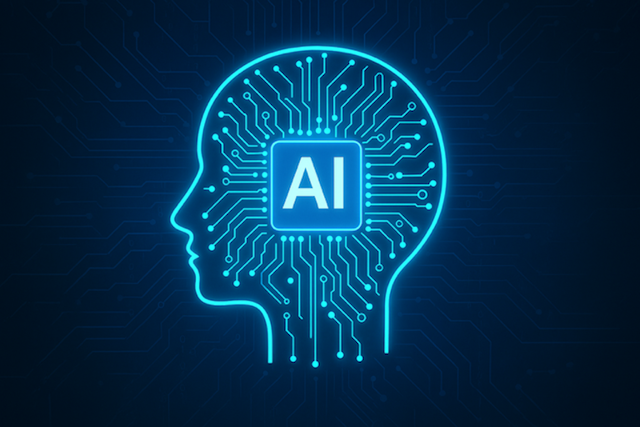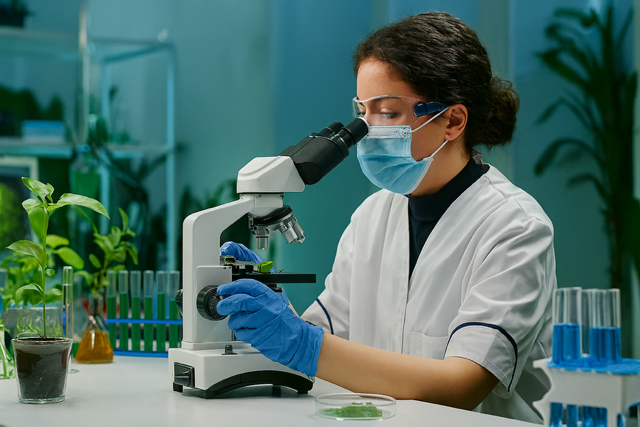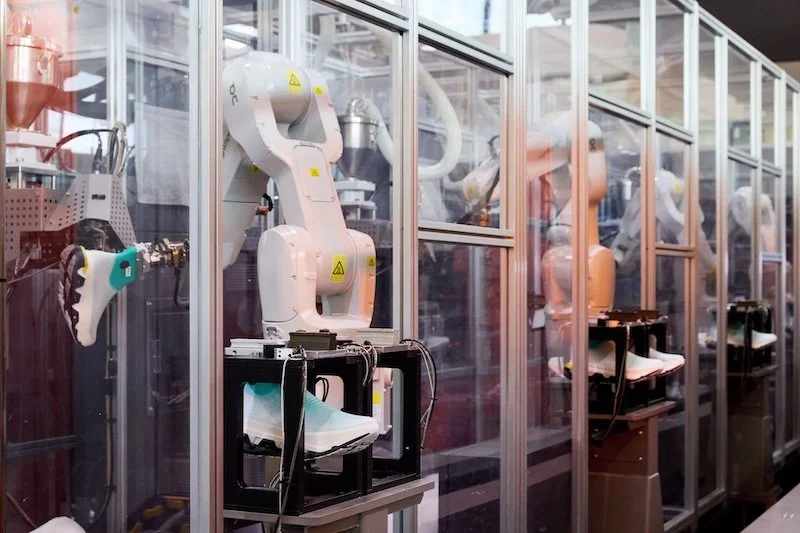Six ways an AI platform for life sciences speeds innovation and research
Life sciences research generates large amounts of data and often requires years of testing. In fact, a 2022 scholarly article notes that daily biomedical research data generation now equals what was generated for over an entire decade in previous years. (1)
Drug discovery, clinical development, and regulatory checks are complex and costly. Delays can happen at any stage, slowing down progress for patients who need new treatments. AI platforms are now changing how teams handle these challenges. They combine data science, automation, and smart agents to reduce manual work and support decision-making.
These tools help drug companies, medical device makers, and clinical researchers move faster while remaining accurate. Here are six clear ways an AI platform for life sciences speeds innovation and research.
1. Accelerating Drug Discovery
The journey from early research to a market ready therapy is long. AI platforms shorten this path by finding promising compounds more quickly. AI solutions scan biomedical and genomic data to predict which molecules may be effective, saving time that would otherwise be spent on trial-and-error screening.
Also, did you know that developing a single drug historically costs USD$1.3 billion to USD$4 billion? Thankfully, a simulations can forecast how compounds behave in the human body. This reduces unnecessary lab tests, lowers costs, and cuts down wasted resources. For organizations facing these steep costs, exploring AI solutions driving life sciences can provide tools that improve prediction accuracy and reduce trial failures. (2)
2. Improving Clinical Trials and Clinical Research
Patient recruitment and lengthy data reviews often slow clinical trials down, but AI platforms help trials stay on track by simplifying these steps.
AI agents scan health records and databases to match patients with trial criteria. As a result, recruitment becomes faster and more precise. Faster data analysis also becomes possible with AI processing clinical data and highlighting trends in real time. Researchers can act on findings sooner, which keeps clinical development moving forward.
AI tools also support monitoring and reporting by flagging irregularities early, making trials safer and more reliable. With 90% of drug candidates failing during clinical development, this is a welcome improvement. When these improvements come together, clinical research advances with fewer setbacks, and patients gain quicker access to new treatments. (3)
3. Enhancing Data Management and Knowledge Sharing
Life sciences research depends on accurate data, but handling it can be overwhelming. AI platforms bring order and accessibility to this process.
This is evident in knowledge graphs that link clinical data, genomic data, and published studies. They allow researchers to see connections across different fields. AI driven data management also supports the storage of clinical and real-world evidence, ensuring that teams can rely on clean, consistent information.
Collaboration is also made easy. When AI organises the data, medical device experts, researchers, and developers share results more easily, which improves teamwork. This makes the research more connected and transparent.
4. Strengthening Regulatory Compliance
Regulatory checks are often slow and complex. But with AI platforms, companies meet requirements with fewer delays.
For one, AI can help automate compliance checks and review trial protocols and reporting rules, consequently reducing errors that can block approvals. Automated systems can also prepare documents that match agency standards. This makes audits smoother and less stressful.
For medical devices, AI ensures safety data meets regulations. This protects patients and speeds approval. With AI handling these steps, organisations stay compliant and avoid costly mistakes that might hold up progress.
5. Streamlining Supply Chain and Operations
Behind every therapy is a supply chain that must work smoothly, and AI platforms make this network more efficient. AI models forecast all the essential materials and equipment, preventing shortages and keeping studies on the right timeline.
Since supply chains for trials and medical devices often span countries, automated monitoring in cold storage often helps track inventory and improve delivery schedules. As a result to this, research teams see a lower rate of waste and operating costs, freeing more resources for research.
6. Driving Precision and Personalised Medicine
While AI contributes more to operations, it also helps develop precision and personalised medicine, which tailors care to the patient. A great example is AI's use of genomic data to create treatments based on each person’s biology. This improves the chances of success. (4)
AI also allows for the study of smaller patient groups, including those with rare diseases, opening new areas of clinical research. With AI driven recommendations, doctors can select the best therapy for each patient. This personalised medicine supported by AI is giving patients treatments that meet their exact needs rather than broad averages.
A Faster Path Toward Better Health
AI platforms are reshaping life sciences research. From drug discovery to supply chains, they bring speed and accuracy to every stage. Clinical trials run smoother, compliance becomes easier, and researchers gain clearer insights.
Most importantly, patients see new therapies and personalized care reach them faster. As AI solutions continue to expand, the future of life sciences will focus on quicker development and better health outcomes.
References
1. "Big data: Historic advances and emerging trends in biomedical research", Source: https://www.sciencedirect.com/science/article/pii/S2590262822000090
2. "How the AI and quantum revolution will transform drug discovery and medical diagnostics", Source: https://www.weforum.org/stories/2024/01/ai-and-quantum-revolution-transform-drug-discovery/
3. "Why 90% of clinical drug development fails and how to improve it?", Source: https://pmc.ncbi.nlm.nih.gov/articles/PMC9293739/
































Continue reading…